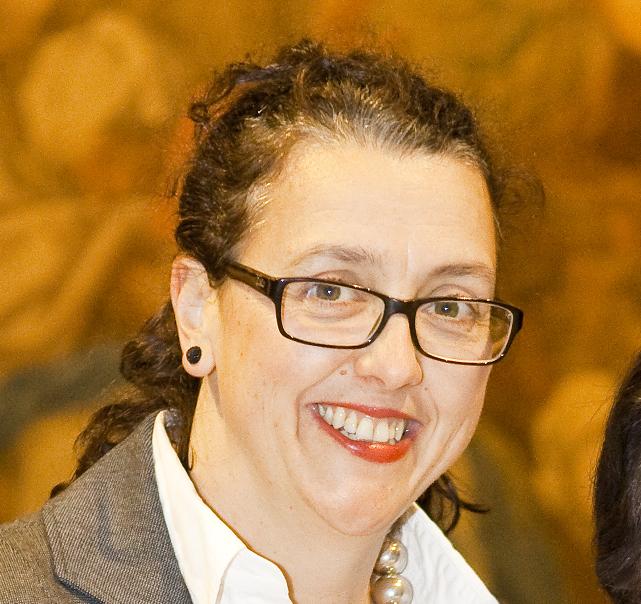
Project Summary:
Duchenne muscular dystrophy (DMD) is the most common and severe muscular dystrophy of childhood. Affecting 1 in 3,500 boys, the natural history of the disorder is characterised by relentlessly progressive muscle weakness that usually first manifests in boys ~3 to 7 years old. The last decade has seen considerable developments in treatment for males with DMD, including the virtually universal use of corticosteroids. Despite these recent advances, the nutritional issues associated with DMD are complex and remain poorly understood.
Many boys with DMD experience excessive weight gain from as early as seven years of age; and this is often a cause of great parental concern. The effects of increased weight can be extremely debilitating. Obesity can contribute to the progression of the disease by exerting extra force on already weak muscle groups, decreasing mobility. Our own data demonstrate that 50% of Australian 10 year old boys with DMD are obese. This is an alarming statistic when compared to Australian population data; 7% of boys aged 9-13 years old are obese.
Understanding energy metabolism in DMD is fundamental to the provision of appropriate nutrition counselling to prevent or manage obesity, but the relationship between energy expenditure and body composition remains unclear. This project aims to investigate how energy requirements and body composition change over time in males with DMD, and to determine if a reduction in energy needs is related to weight gain in these children. Specifically, this prospective cohort study will recruit 20 boys with DMD aged 7-9 years. Energy expenditure will be measured using gold standard methodology (doubly labelled water) together with body composition from DXA at four points over a three year period. Results from this study will be used to inform the creation of specialised dietary protocols for weight management in DMD.



 The Brain Foundation is the largest, independent funder of brain and spinal injury research in Australia. We believe research is the pathway to recovery.
The Brain Foundation is the largest, independent funder of brain and spinal injury research in Australia. We believe research is the pathway to recovery.